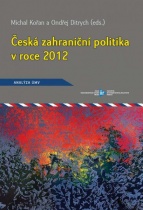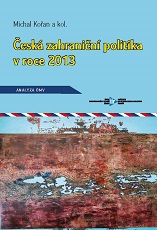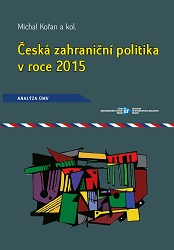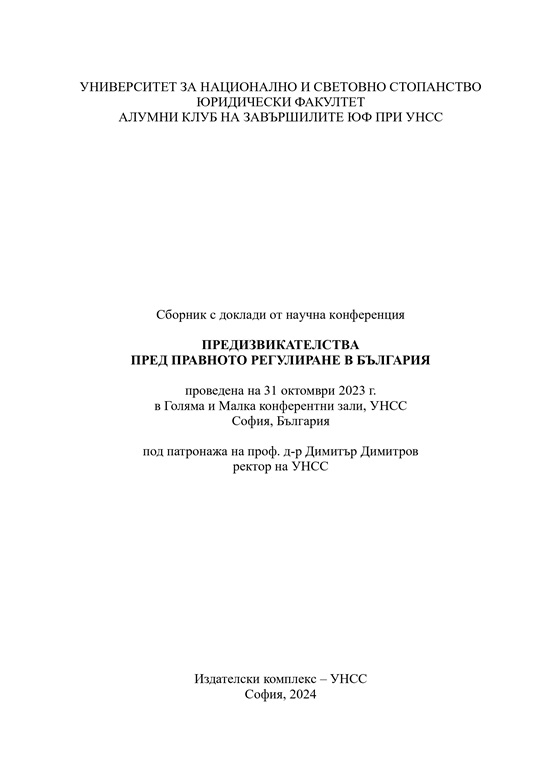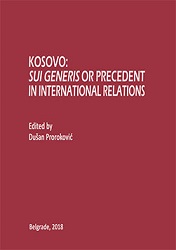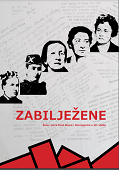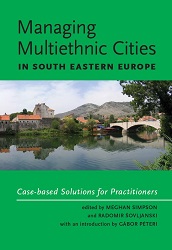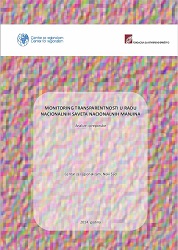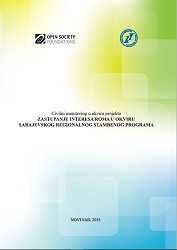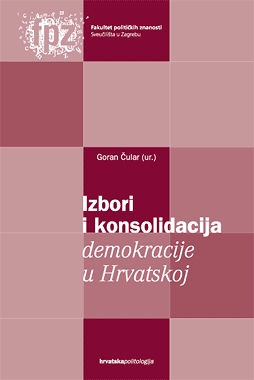
Interes za izbore i izborna participacija
Sudjelovanje u političkim procesima, prije svega u procesima konstituiranja predstavničkih tijela, ključna je pretpostavka demokratskog društva. Kako to naglašava Franklin (1996), “participacija je krvotok demokracije, uključuje različit broj ljudi u različite aktivnosti u različito vrijeme.” Obično se smatra da je ključni pokazatelj elementarne političke zainteresiranosti sam čin izlaska na izbore (Campbell, 1962). Dok se katkad pod političkom participacijom razumijeva isključivo participacija u izborima, Nie, Verba i Petrocik (1976) smatraju da politička participacija obuhvaća sve oblike ponašanja u politici. Prema tim autorima, sukladno demokratskoj teoriji, participacija je proces kojim se određuju ciljevi i sredstva u odnosu prema svim vrstama socijalnih problema. Pretpostavlja se da su na temelju participacije ciljevi društva postavljeni na način da maksimaliziraju alokacije društvenih dobara s obzirom na potrebe i želje populacije. Participacija nije usmjerena nekom određenom društvenom cilju, već je to postupak za određivanje ciljeva, izbor prioriteta i odlučivanje o načinu njegova postizanja. Osim toga, participacija ima još dvije dodatne svrhe.
More...
